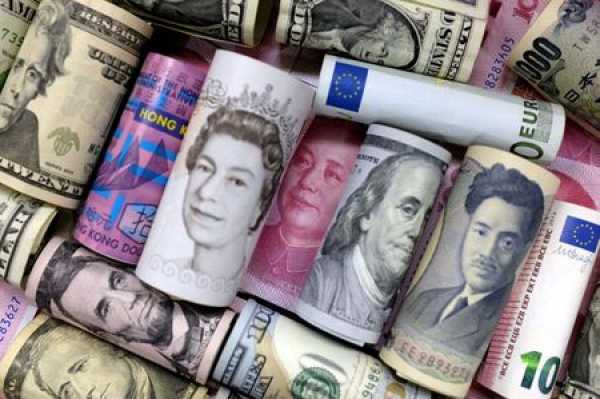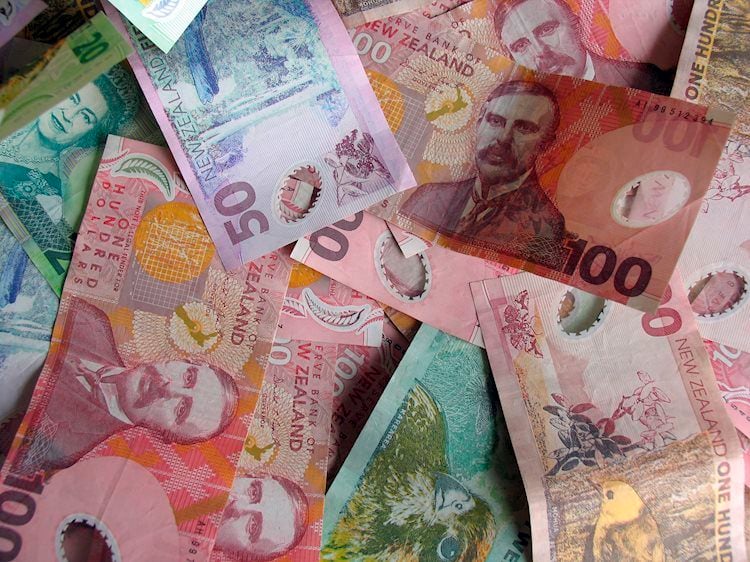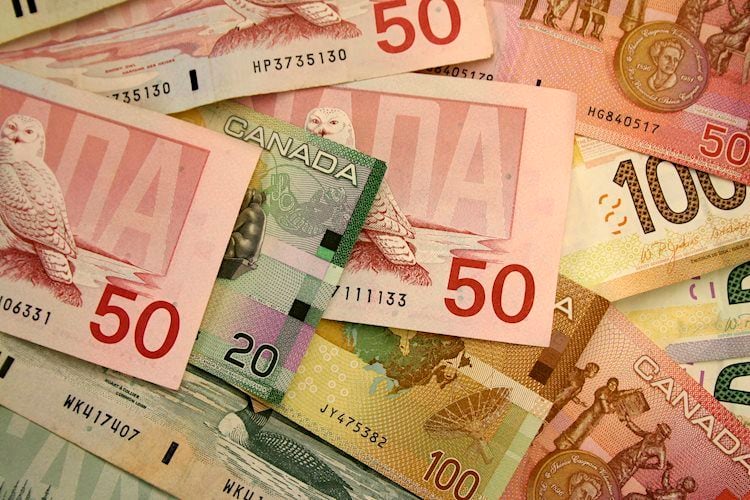“The dollar has rallied across the board in line with the significant jump in Treasury yields, as one would expect given the upside surprise,” Brown added.
Traders are watching Powell’s testimony before Congress on Wednesday and Thursday for any clues about when the US might start tapering.
Powell has said several times that rising inflation is just temporary, and that supply chains will normalize and adapt. Janet Yellen, the Secretary of the Treasury, holds the same opinion.
The dollar index, which compares the US currency to a basket of six other currencies, rose 0.59 percent to 92.762, its highest level since July 8. Last week’s three-month high of 92.844 was just missed by the index.
Despite a continued spike in coronavirus cases in many parts of the world, the likelihood of US stimulus removal has supported the dollar in recent weeks, fueled by a surprise shift in tone from the Fed last month.
Consumer price inflation data from the United States is expected to support the dollar’s rise.
“It kind of confirmed the Fed taper story, and the dollar had been stabilizing for the first half of the week, and I believe this was the push it needed to repeat its gains,” Kathy Lien, managing director at BK Asset Management in New York, said.
The Canadian dollar’s losses versus the US dollar were not halted by modest rises in the price of oil, a crucial export for the country. The loonie fell 0.5 percent against the dollar to a four-day low. At a policy announcement on Wednesday, the Bank of Canada is expected to revise its economic estimates.
The pound sank on Tuesday after the Bank of England lifted pandemic-era restrictions on bank dividend payouts, but warned that some asset markets were overvalued.
The pound was down 0.49 percent against the dollar at the time of writing, with the majority of the day’s losses coming following the announcement of US CPI data.
The rand fell more than 2% to a three-month low versus the US dollar as violence over the detention of former President Jacob Zuma escalated.
The yuan soared to a near one-week high after unexpectedly robust trade statistics allayed fears of a slowdown in one of the world’s fastest-growing economies.
Bitcoin fell 2.18 percent to a four-day low of $32,384.64 on Tuesday, as investors shifted their funds away from riskier assets in the wake of U.S. inflation statistics.
Check out our economic calendar for a complete list of today’s economic happenings.
(Saqib Iqbal Ahmed contributed to this report.)
Sonya Hepisntall did the editing.)/n





